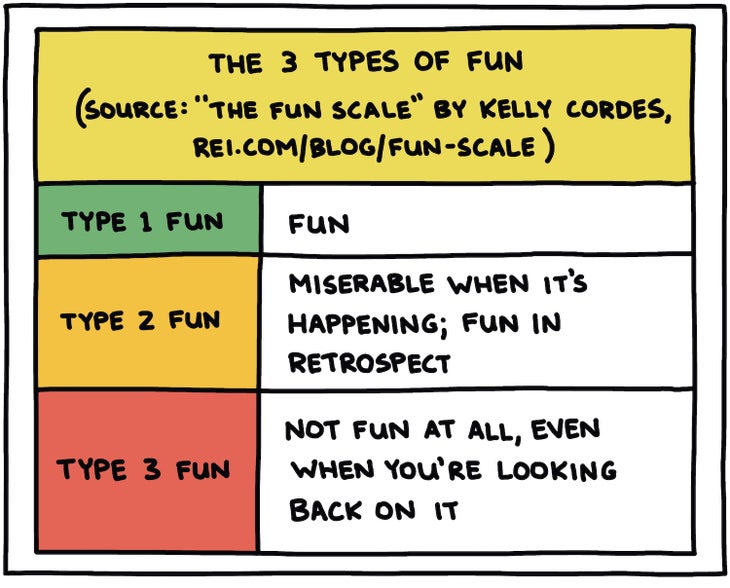Weekly Articles Archive (March 14 - March 20)
1. I started thinking maybe I was using nostalgia as a sort of nondrug antidepressant.
Most of the time, though, I think I just miss being young. Or not really young, but younger, in a place in life where I made space to do something that, in the grand scheme of things, was so unimportant but was important to me.
Survival has to do with remembering what you most do not want to face. It has to do with not turning away, in believing your own testimony, in writing it down.
3. How Bones Communicate With the Rest of the Body
Scientists are still deciphering all the ways that bone cells can signal other organs, and how they interpret and respond to molecular messages coming from elsewhere. Already, physician-scientists are starting to consider how they might take advantage of these cellular conversations to develop new treatments to protect or strengthen bone.
For government officials, the utility of the calorie was immediately clear. It could help with efficient management of nutrition for prisons, schools, and armies...
The calorie also let scientists compare the diets of different nations. Journalists enthused about the possibilities that quantified nutrition might offer for changing the eating habits...
Despite complaints from doctors, who warned against this simplified understanding of nutrition, the federal government leaned on the calorie to quantify food shortages and plan international aid efforts—particularly once World War I began in Europe. In 1920, progressive Michigan governor Chase Osborne even proposed that international trade should use the calorie as a universal currency, casting it as a measure of real worth, unlike the “imaginary” value of metals.







Comments
Post a Comment